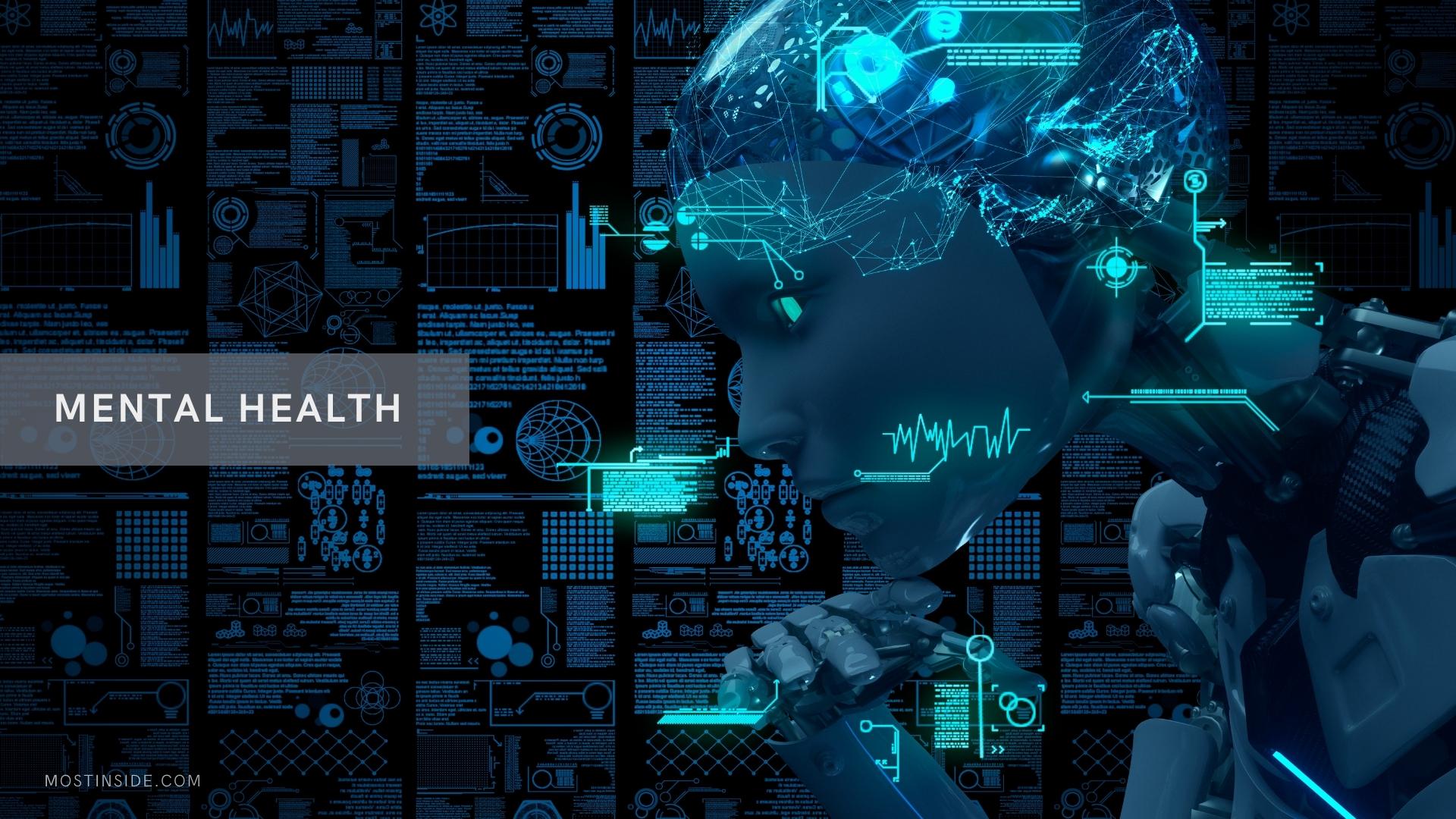5 Ways Computers Are Improving Mental Health in 2022

After the coronavirus pandemic of 2020, more people than ever are talking about mental health as this period caused a record spike in people seeking mental health services.
Historically, mental health issues and illnesses have been somewhat ignored in society. As celebrities begin talking about their struggles, more people are happy to open up, making it more socially acceptable to talk about mental health.
As is the way with modern society, people are turning to technology for help. And it certainly has delivered!
How exactly are computers helping people to improve their mental health? Read on to find out.
Contents
Toggle1. Apps
Mental health apps are everywhere. From apps that can advise you on yoga poses to meditation. Many computers are now able to also offer downloadable apps, with computer brands like Lenovo making this a key feature on their newer machines.
The portable nature of the standard app makes mental health apps incredibly useful. For example, if you become overwhelmed at work, you can take your phone into a spare room and open the app. Standard apps tend to focus on three key areas: mood, anxiety, and stress. But there are also more targeted apps for things like depression and even autism spectrum disorder. Almost all mental health apps are downloadable to your phone, sometimes for free.
2. Virtual Reality
Yes, even virtual reality is now being used to help people manage their mental health.
Some therapists have been eager for VR to be more openly used in treating ailments like PTSD, which it has been and has shown striking results. But now, some therapists are integrating VR to help with more daily issues such as depression and anxiety, usually through a VR headset that is worn in the therapist’s office. This helps patients to develop coping strategies in a safe environment that can then be put into practice in the real world.
3. Access to Services
Globally, there are very long waiting lists to see mental health professionals, and for some patients, it is simply not an option due to long working hours or location.
Computers and tablets are changing this, though. Apps like Better Help can get patients the access they need to professionals from within their own homes at a time that suits them. This app, and many others, conduct an assessment in the form of a questionnaire so that service users are matched to the appropriate therapist for them.
4. Behavior Tracking
Many computers can help with tracking things, from migraines to pregnancy. So, it should come as no surprise that these devices can now track moods too. They can also alert you as to when your behaviors may point to an impending crisis.
This can be great for people who suffer from ailments such as bipolar disorder or PTSD – not to mention lifesaving.
5. AI Risk Assessment
AI is now being used to determine at-risk patients in medical systems. It looks for keywords or phrases within its records and then assesses their risk for mental health issues.
This can help medical professionals accurately treat at-risk patients, thus saving time and money.
Recommended For You
Seven Pregnancy Warning Signs
Most Inside
Most Inside offers high-quality recommendations and valuable updates to enhance all aspects of your life, providing premium guidance and enriching experiences.




